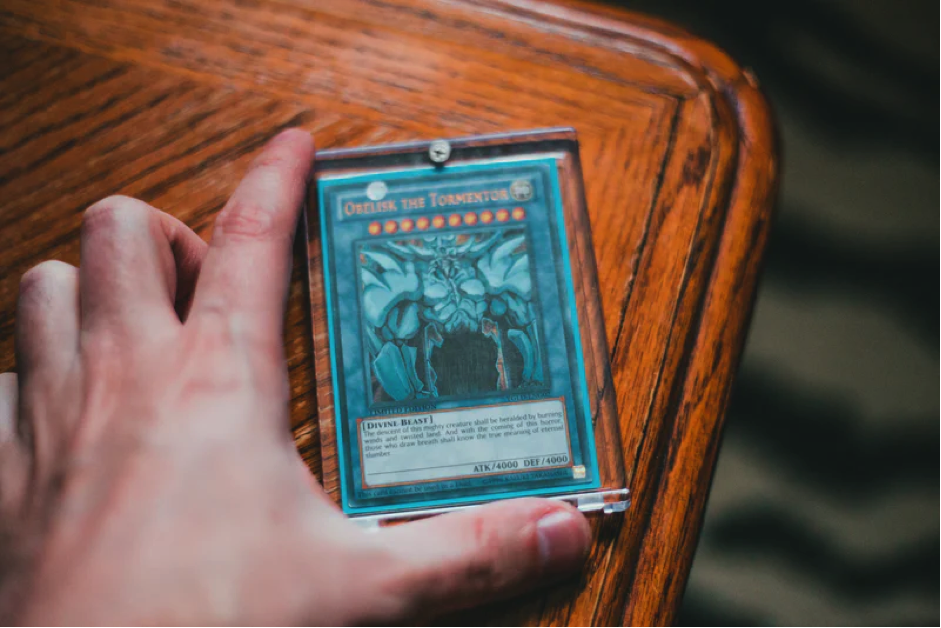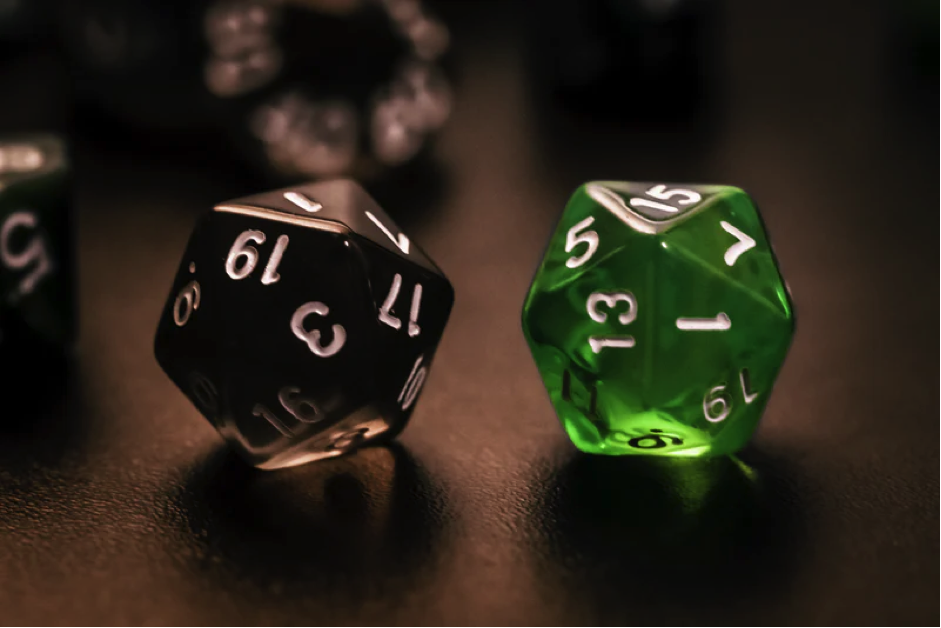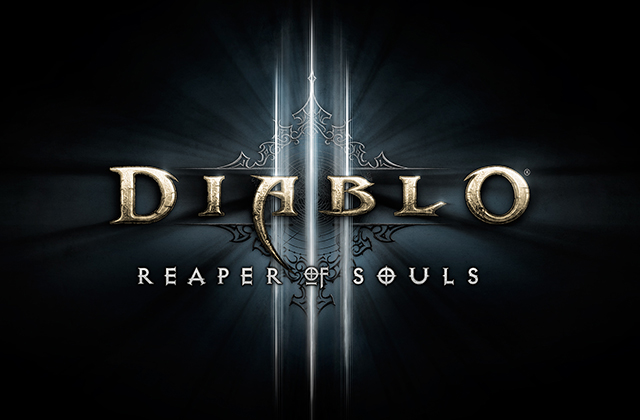In recent years, more and more people have gotten interested in the popular game Dungeons and Dragons. It has become far more mainstream than ever before, with features on popular TV shows and online. This is encouraging more of us to give it a go.
However, getting started with D&D can almost seem like a challenge. There are so many questions that a beginner player would have, that it can almost be off putting. But, wait! It doesn’t need to be this way. In fact, D&D is an incredibly easy game to get started with, even with absolutely no experience.
Let’s take a look at all the basics of Dungeons and Dragons, hopefully encouraging you with enough insight to give it a go with your friends.
Intro To D&D
Dungeons and Dragons was invented by a pair of game designers in the early 1970s. It was an amalgamation of various other role playing games and, over the years, it has developed into the game we have today. In many ways, it’s a very simple board game that anyone can enjoy. Though, this game is a little different. A role playing game where players take turns to perform actions with their player characters. Through these actions and interactions, the game evolves and develops, as you follow a fantasy storyline.
Most stories take place in a fantasy world – or universe – filled with wizardry, witches, and all the associated creatures. You can click here to learn more about the games’ worlds and mechanics. But, in essence, your player will have certain skills and abilities that can strengthen and develop throughout the game. Things like weaponry and fighting skills, or magic spells and deceptiveness. Through battling random characters alongside your friends’ characters you can level up, getting more powerful in your chosen skillset.
Beginner Sets
All sounds fun, right? But, how does one get started with Dungeons & Dragons? Luckily, the game designers have done a lot of the hard work for you. If you buy a starter set from the official website or in-store somewhere, you are provided with everything you need to start playing the game. These beginner sets even come with a pre-designed adventure to play along with, some predefined characters – which you can choose to use or not – and all the books and dice you could ever need.
What’s The Story?
It is advised to play the pre-written story on your first ever D&D game. It is well designed to help you learn the mechanics of the game, character-building, skill sets, and more. The adventure basically guides you through the world of D&D.
However, part of the joy of this game is that you can play it in whatever fantasy world you like. Want to create your own story set in a completely different universe? Go for it! D&D is amazing because it is so flexible and so creative. If you decide to, you could also borrow elements from stories posted online, where many game fans like to share their own adventure ideas for you to play along to.
Character Creation
One of the most important aspects of D&D is your player character. Again, the beginner set gives you some templates, but you can choose to create whoever you want. It’s important to understand how characters work.
Each character will be of a certain species or type, depending on the world you are playing in. They need to have certain attributes, namely abilities, strengths, weaknesses, and even a personality type. What you give your character at the beginning isn’t everything, though. All of these attributes can and will change throughout their in-game experiences. This is one of the true joys of the game, developing your characters skills and personality as the game rolls on.
Choose A Dungeon Master
The dungeon master – yes dungeon master, cool right! – is the person in charge of the game’s flow and story. They host the game, narrate, and keep everything moving. A good dungeon master will help you visualise what is going on in the story while keeping it flowing with a kind of realism to make everything feel fun and natural. You could almost view them as an official or referee, who gets to enjoy the game as much as you do through its development.
What’s Your Move?
So, you’ve got your quest and you’ve got your character. What next? Well, you get to decide! Say your dungeon master tells you that you’ve come across an abandoned home. What do you want to do? Go in? Turn away? You choose. There are some situations you cannot avoid, such as an unwanted visit from a goblin or a mage. In these scenarios, your options may be limited to fight or flight. But, you get to choose. How well your chosen actions go, well, that depends on one thing… the roll of the dice.
Roll The Dice
Decided to take on a wizard in a battle of the spells? You’ll choose your skill or power and then roll one of the games’ many dice. Your dungeon master or your character’s ability will define what number you need to hit to perform your activities successfully. Fail and you may find yourself injured or losing abilities. Succeed, and you’ll win your battle and move forwards, gaining more skills and experience points as you go.
The End Game
What’s the point, then? How does a game end? Well, in some stories you may have a set objective, say, to reach a certain landmark. In other games, there may not be a specific target. It really depends on the adventure that you have chosen to create. Sometimes, it’s simply enough to go on a wild adventure with your friends, achieving many small victories and losses along the way. Whichever way you decide to play, it’s guaranteed to be super fun.
There you have it, the basics of Dungeons and Dragons. Get your hands on a starter kit or read some adventure ideas online, then get playing. Truthfully, all you need is a great imagination and some friends to have a great time playing this awesome game.













